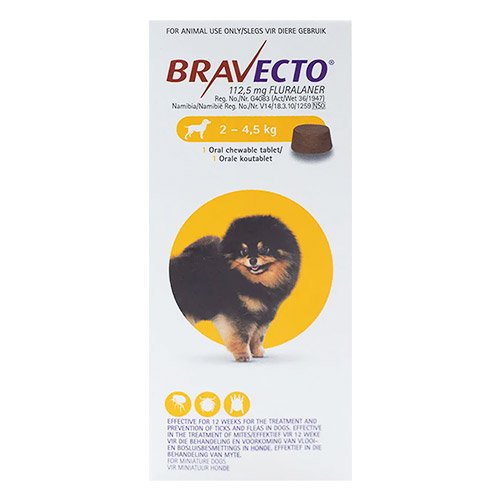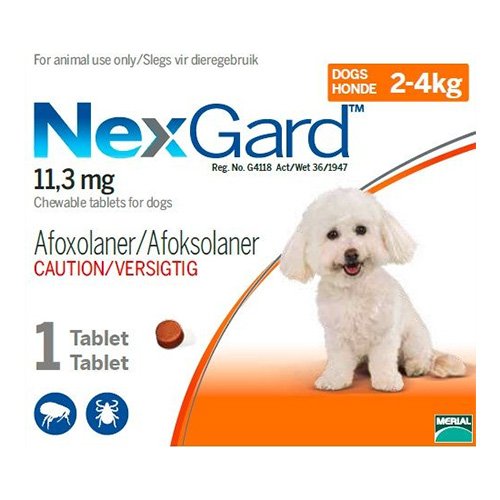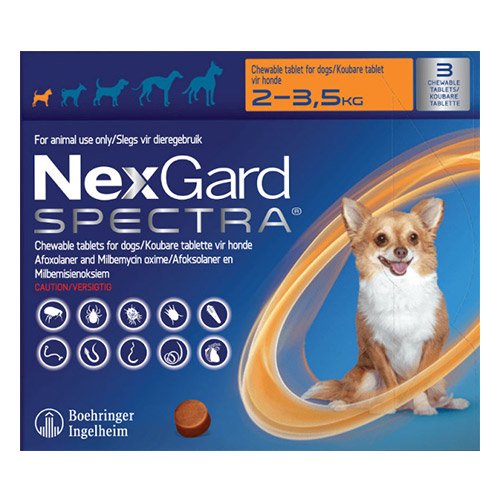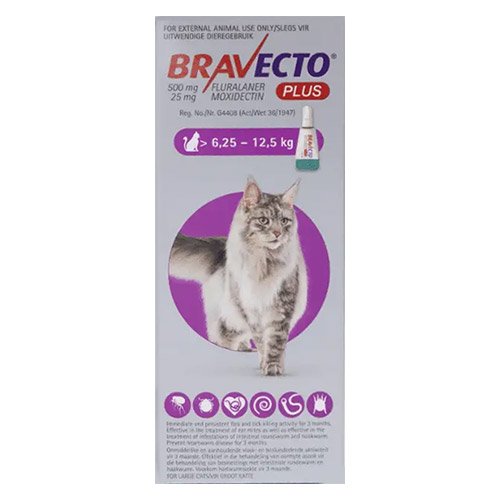-
Popular Brands View All BrandsPopular Brands View All BrandsPopular Brands View All BrandsPopular Brands View All BrandsPopular Brands View All Brands
- Dogs
- Cats
- Brands
- New Arrivals
- Below R150
- Refer & Save More
- New Year Sale

Oct 05, 2018
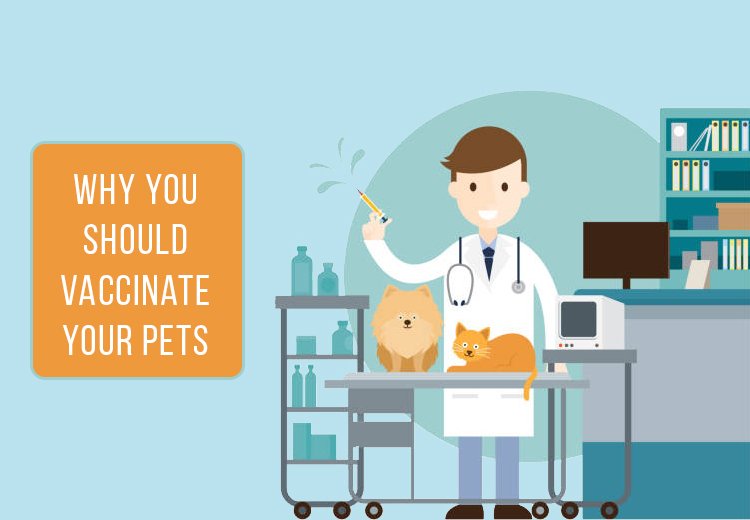
This is a huge topic that gets faced with debate daily, in humans and pets. Vaccinations are there to protect your pet from highly contagious diseases that could result in the death of your pet should they not have any protection. There are transmissible diseases, for example Rabies, that pose a risk to humans that they must be vaccinated against too.
Most of our pets have no side effects to vaccines. The pets which do react to vaccines may spike a fever and have a reduced appetite. When reactions do occur, they are mild and don’t often last long. In very rare cases allergic reactions may occur, these happen quickly and may be life threatening. However, if caught and treated immediately, complete recovery is most often achieved. In my six years of practice, I have only ever had one puppy have a severe allergic reaction, this happened within minutes of leaving the consulting room, while the owners were still in the practice, and treatment was successful.
The small chance of getting an adverse side effect should not influence your decision to vaccinate your pets, as the chances are far greater that your pet may succumb to a life-threatening, preventable disease without vaccination.
Core vaccines are also known as the 5-in-1 vaccine in dogs and the 3-in-1 vaccine in cats. Core vaccines are used in all areas as the diseases they protect against are not localised to a specific region, so all pets need to be protected from these threats. The vaccine is given at 6 or 8 weeks of age, with two boosters given at 3 to 4 week intervals after this. Thereafter, boosters are required every 1 to 3 years.
The 5-in-1 vaccine in dogs covers the following diseases:
The 3-in-1 vaccine in cats covers the following:
Rabies is the other core vaccine needed for both cats and dogs. It is usually given with the second puppy or kitten vaccine (at 11-12 weeks of age) and boosted with the third booster. Thereafter, it is boosted every 1 to 3 years. Annual treatment is recommended in areas with a high prevalence of rabies, for example KZN.
These vaccines cover diseases that are threats to certain areas and so depend on where you stay and your pet’s lifestyle. Your veterinarian may recommend some of the non-core vaccines.
Kennel Cough is one of these vaccines. The virus is spread most rapidly when animals are in close contact, typically kennels (as the name suggests). However, due to an increase in the number of complexes and close-living quarters, it is starting to become more widespread. Veterinarians often recommend it for these reasons, or if your pet goes to the park and/or beach often. This is where they will be exposed to other pets.
Feline leukaemia is still currently classified as a non-core vaccine. It is, however, more prevalent than in the past due to many feral cats and, again, due to the close-living arrangements, like complexes. This is where cats come into contact more often than not. It is a fatal disease and should be considered more of an essential core vaccine by cat owners.
Please reconsider if you are edging towards not vaccinating your furry friend. The consequences are far too dire if you don’t! If you are still hesitant, please be careful what information you read online, and discuss it with your professionally trained veterinarian before making any decisions.
Nov 25, 2025
Fleas and ticks are a serious threat to your dog’s health, as they can cause significant discomfort and transmit diseases. Contrary t...
Nov 17, 2025
Seeing your furry companions itch incessantly due to fleas can be stressful. Fleas are blood-sucking parasites that not only make your pet ...



© 2025 BudgetPetSupplies.co.za (MSV Pet Care (Pty) Ltd.) - All Rights Reserved.


